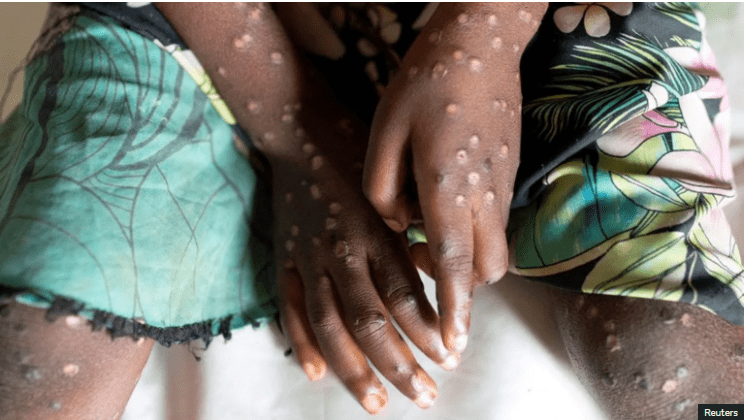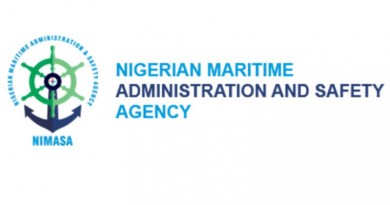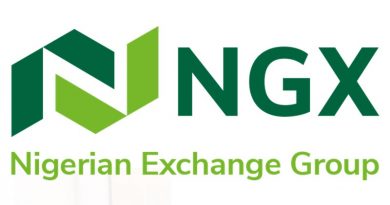Nigeria receives 10,000 doses of mpox vaccines
Nigeria received 10,000 doses of mpox vaccines on Tuesday, becoming the first African country to obtain vaccines aimed at combating the spread of the new strain of mpox virus.
On 14 August 2024, the chief of the World Health Organization (WHO) declared the rise of mpox, formerly monkeypox, a public health emergency of international concern (PHEIC). Following his announcement, the chief, Tedros Adhanom Ghebreyesus, said he was working with partners to facilitate equitable access to vaccines.
The government of the United States has provided the Jynneos (MVA) vaccine to Nigeria, which will be distributed across five states that have reported the highest incidence of mpox cases.
“Nigeria is grateful for this initial donation of the mpox vaccine, which has been proven to be both safe and effective,” stated Muhammad Ali Pate, Nigeria’s Minister of Health. “We will persist in enhancing our surveillance efforts and remain vigilant in our fight against mpox.”
Vaccine Distribution
The MVA vaccine is set to be administered to 5,000 individuals who are at the greatest risk of contracting the virus, following a two-dose regimen. This group includes “close contacts of confirmed mpox cases and frontline healthcare professionals, with the possibility of reactive vaccination in additional states as necessary,” as noted by the WHO’s regional office for Africa.
In the interim, Nigeria’s National Agency for Food and Drug Administration and Control has granted emergency use authorization for the vaccine.
“The arrival of the mpox vaccines in Nigeria represents a vital step in the ongoing efforts to combat the virus and safeguard public health, as well as a significant expression of international cooperation in addressing global public health crises,” remarked Dr. Matshidiso Moeti, WHO Regional Director for Africa.
The World Health Organization’s Africa office has reported that significant disparities in access to mpox vaccines persist across the continent. The organization is actively collaborating with various nations and manufacturers to enhance the availability of these essential vaccines. Additionally, WHO is partnering with entities such as the United Nations Children’s Fund (UNICEF) to facilitate donations from countries that possess surplus stockpiles. These collaborations also involve the creation of a donation scheme aimed at ensuring that the limited vaccine supply is allocated to regions where it is most urgently required.
Furthermore, WHO’s Africa office is supporting the Nigerian Government in strengthening its efforts in surveillance, contact tracing, laboratory capabilities, risk communication, and community involvement, particularly in light of the 786 suspected mpox cases and 39 confirmed cases reported as of August 10, 2024. Health authorities are also focusing on early detection and diagnostics of cases, as well as enhancing cross-border surveillance, especially at key entry points throughout the nation.




